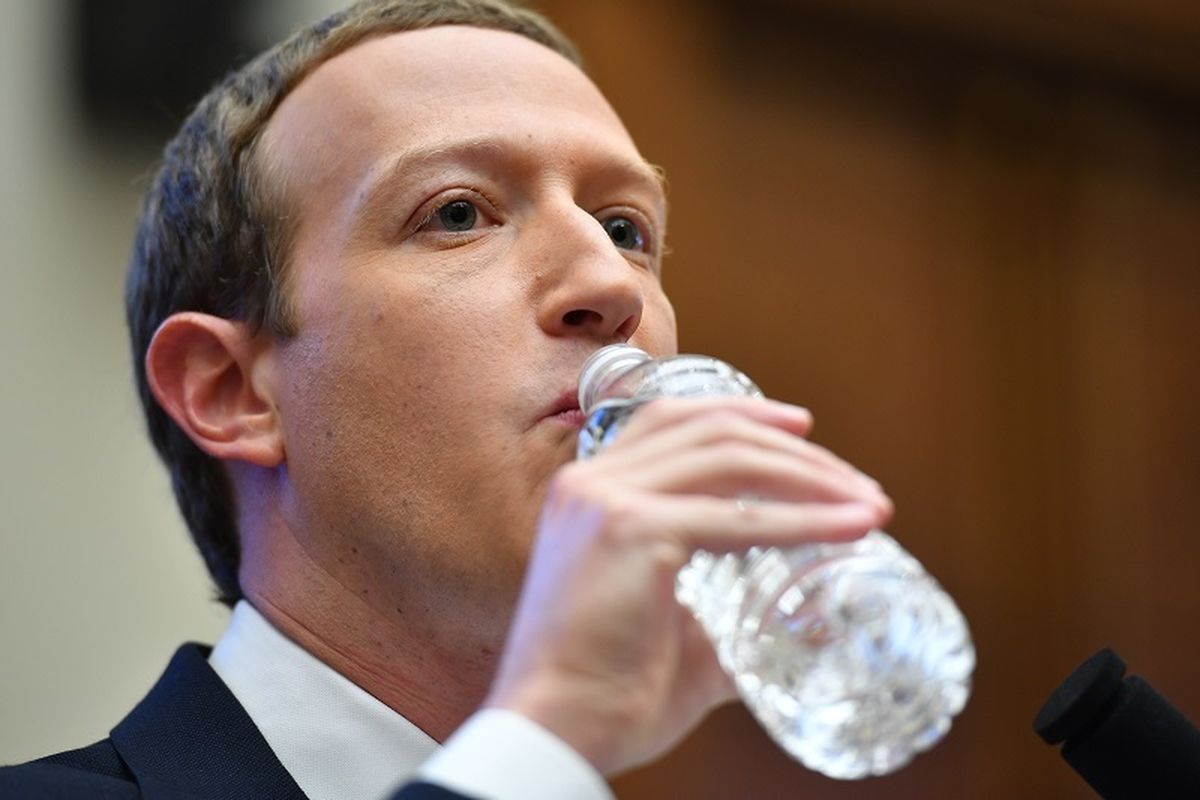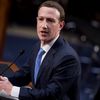Is Facebook Really Ready for Election Day 2020?

In the immediate aftermath of President Donald Trump’s election, Zuckerberg offered a remarkably tone-deaf quip regarding the notion that “fake news” spread on Facebook could have influenced the 2016 election, calling it "a pretty crazy idea”.
A week later, he walked back the comment.
Since then, Facebook has issued a stream of mea culpas for its slowness to act against threats to the 2016 election and promised to do better.
“I don’t think they have become better at listening,” said David Kirkpatrick, author of a book on Facebook’s rise.
“What’s changed is more people have been telling them they need to do something.”
The Big Tech company has hired outside fact-checkers, added restrictions — then more restrictions — on political advertisements and taken down thousands of accounts, pages and groups it found to be engaging in “coordinated inauthentic behavior”.
Read also: Facebook to Ban Political Ads A Week Before November Election
That's Facebook's term for fake accounts and groups that maliciously target political discourse in countries ranging from Albania to Zimbabwe.
It's also started added warning labels to posts that contain misinformation about voting and has, at times, taken steps to limit the circulation of misleading posts.
In recent weeks the platform also banned posts that deny the Holocaust and joined Twitter in limiting the spread of an unverified political story about Hunter Biden, son of Democratic presidential candidate Joe Biden, published by the conservative New York Post.
All this unquestionably puts Facebook in a better position this Election Day 2020 than it was in four years ago. But that doesn't mean it's fully prepared for this year's US presidential election.
Despite tightened rules banning them, violent militias are still using the platform to organize. Recently, this included a foiled plot to kidnap the governor of Michigan.
Read also: Facebook Failed to Remove Militia Page Linked to Kenosha Unrest
In the four years since the last election, Facebook's earnings and user growth have soared.
This year, analysts expect the company to rake in profits of $23.2 billion on revenue of $80 billion, according to FactSet.
It currently boasts 2.7 billion users worldwide, up from 1.8 billion at this time in 2016.
Facebook faces a number of government investigations into its size and market power, including an antitrust probe by the US Federal Trade Commission.
An earlier FTC investigation socked Facebook with a large $5 billion fine but didn't require any additional changes.


































